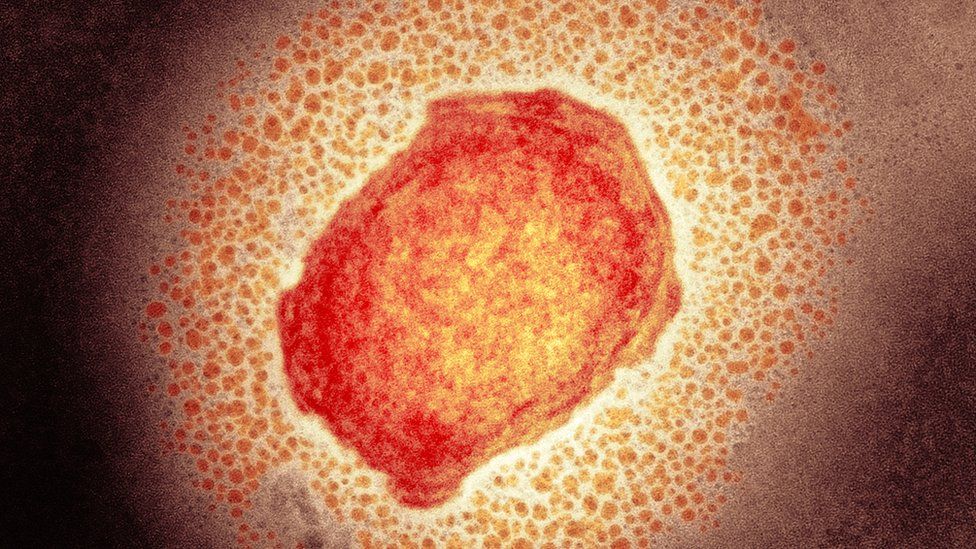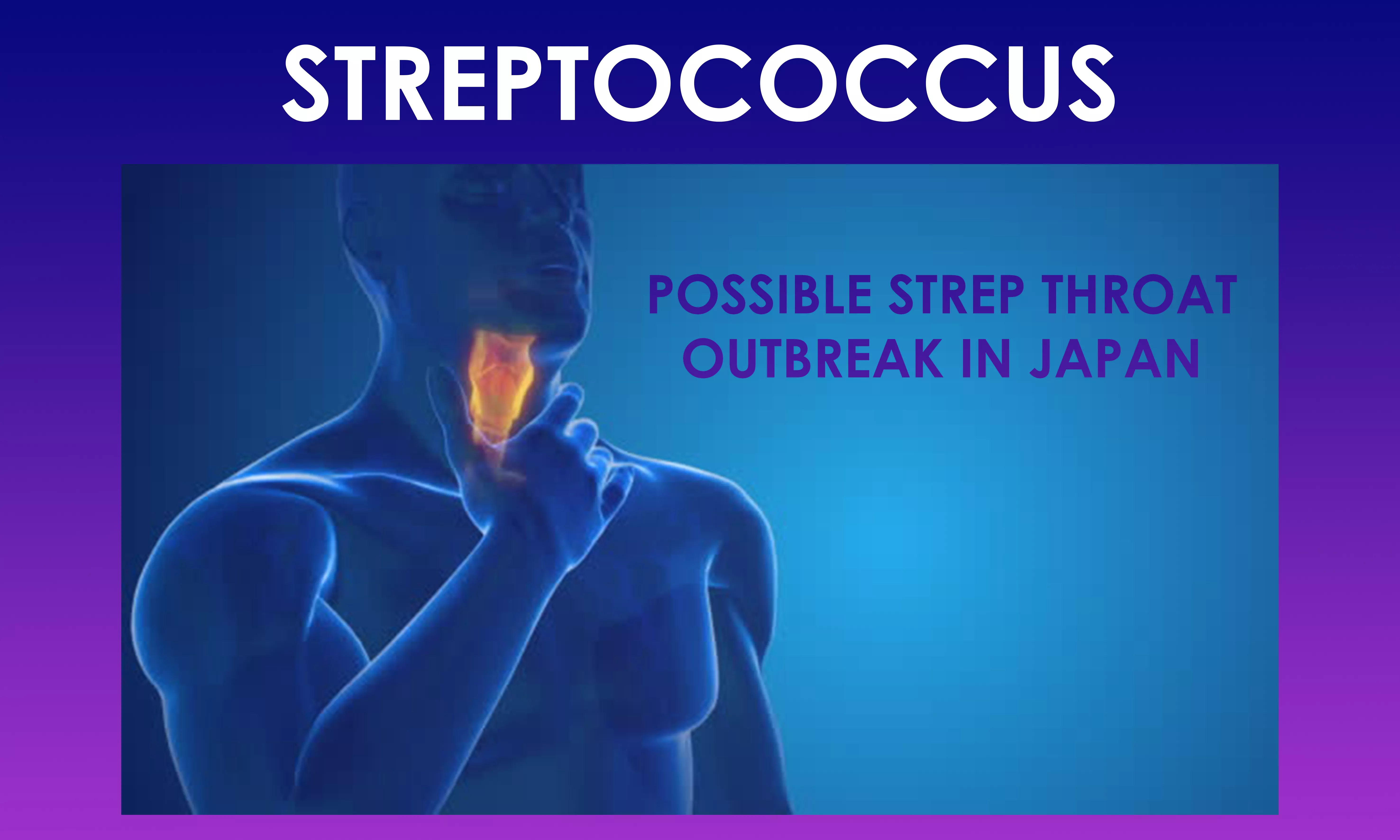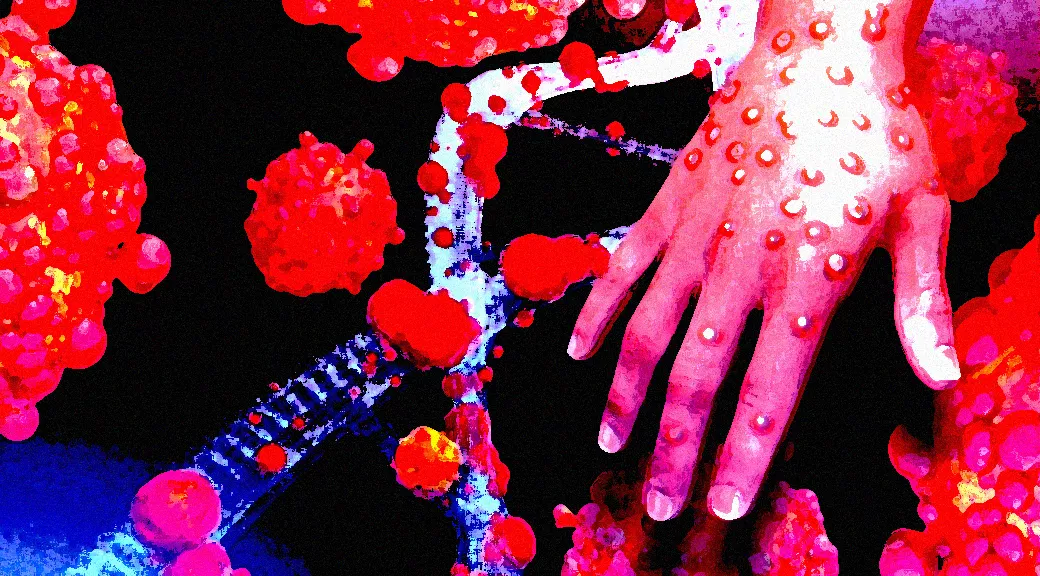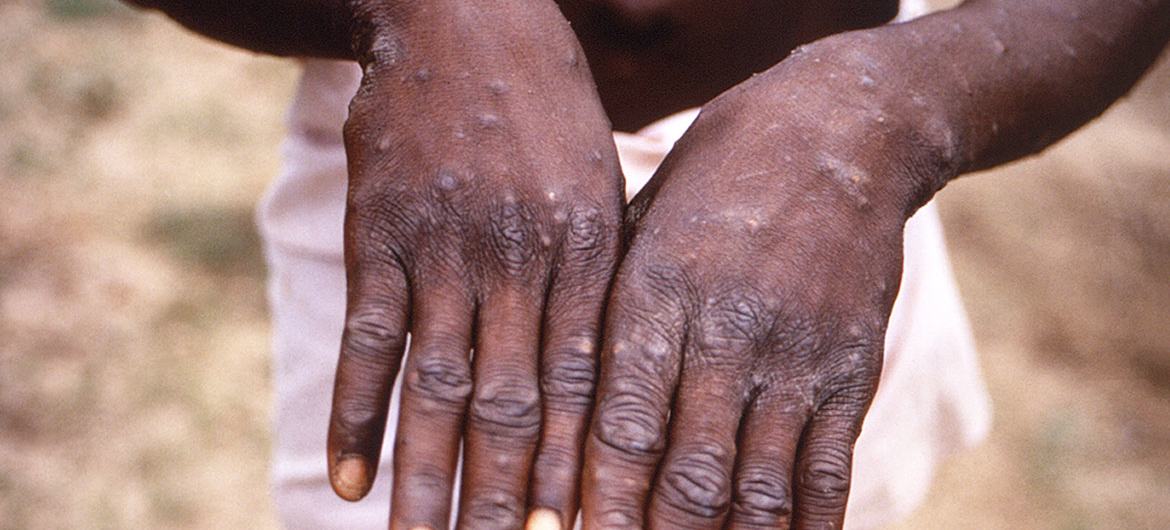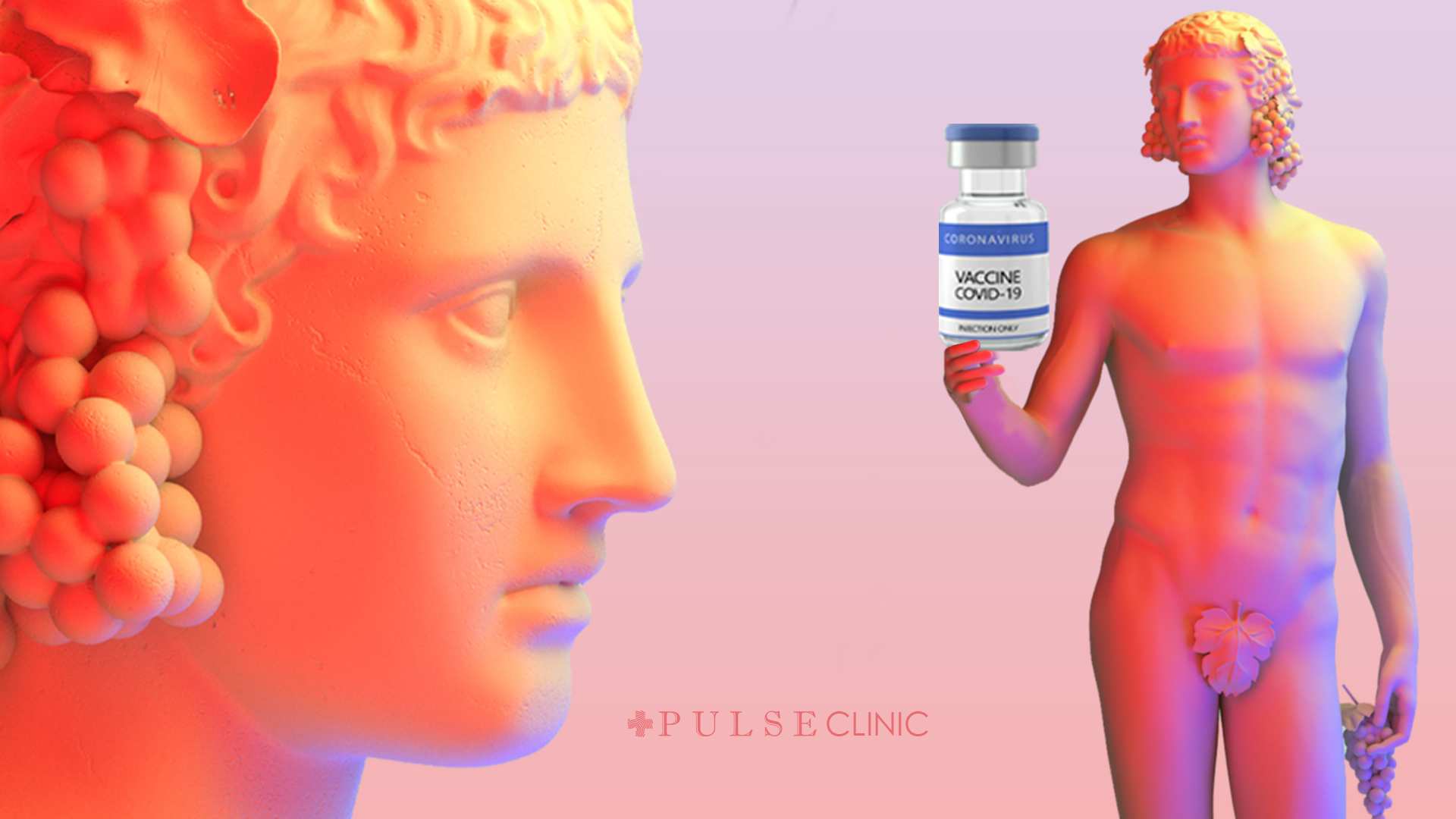Comparing Mpox (Monkeypox) and COVID-19 - What You Need to Know
1490
COVID-19’s high transmissibility and rapid mutation rate make it particularly challenging, while Mpox spreads more slowly and is less likely to mutate

|  Covid-19 | |
| Causative Agent | Monkeypox virus | SARS-CoV-2 (Severe Acute Respiratory Syndrome Coronavirus 2) |
| Strains & Genotypes | 2 clades. | Multiple variants (e.g., Alpha, Delta, Omicron) |
| Reservoirs | Monkeys, rodents, and other small animals | Bats (likely origin); potential intermediary animals |
| Transmission |
|
|
| Incubation Period | 5-21 days | 2-14 days |
| Rash |
|
|
| Duration of Illness | 2-4 weeks | 2-6 weeks and some may experience Long COVID |
| Fatality | 1-10% of cases, depending on the strain. | 1-2%; with higher rates in vulnerable populations. |
| Vaccine | Smallpox vaccine | mRNA vaccines (Pfizer-BioNTech, Moderna), viral vector vaccines (AstraZeneca, Johnson & Johnson), inactivated vaccines (Sinopharm, Sinovac) |
In 2024, a new variant, known as clade Ib, is also spreading, and it appears to be more contagious through routine close contact, particularly among children. Since the beginning of the year until 15 August 2024, the Congo has recorded more than 15,600 potential cases and 548 deaths from Mpox.
This has led the World Health Organization (WHO) to declare an emergency of international concern. With concerns rising, many people wonder if Mpox could become another pandemic like COVID-19.
While Mpox and COVID-19 viruses share some similarities, such as their animal origins, they also have key differences. Understanding these differences can help us better prepare for and respond to these health threats.
What Are the Viruses Like?
COVID-19 is caused by a tiny, single-stranded RNA virus called SARS-CoV-2. This virus is covered with spike proteins that help it enter human cells, making it very contagious.
Mpox, on the other hand, is caused by a much larger DNA virus called MPV (. This brick-shaped virus uses multiple proteins to invade human cells. Because of its different structure, Mpox mutates less frequently than COVID-19, although it has picked up some mutations recently.
How Do They Spread?
One of the main reasons COVID-19 spreads so quickly is that it travels through the air in tiny droplets when an infected person talks, coughs, or sneezes. This makes it easy for the virus to spread, even from people who don’t feel sick.
Mpox spreads differently. It mainly spreads through contact with bodily fluids, skin lesions, or scabs from an infected person. While it can be passed on through respiratory droplets, this usually requires close, prolonged contact. This means pox is less likely to spread quickly in everyday situations, but it can still be a concern in close-contact environments.
What Are the Symptoms?
COVID-19 symptoms can vary widely, from mild cold-like symptoms to severe respiratory problems that can be life-threatening. Some people even experience “long COVID,” where symptoms last for months.
Mpox symptoms typically include fever, headache, and muscle aches, followed by a painful and itchy rash that often appears on the face, hands, feet, and genitals. While pox can be severe, it generally has a lower death rate than COVID-19, with fewer than 20 confirmed deaths globally since early 2022.
Add us on Line and stay in touch.
How Are They Diagnosed?
COVID-19 testing is now widely available, with at-home rapid tests and more accurate lab tests like PCR tests. This has been crucial in controlling the spread of the virus.
Mpox testing is less accessible. It often requires a PCR test on a sample taken from a skin lesion, which needs to be sent to specialized labs. As Mpox cases increase, there may be a need for easier and faster testing options.
How Can They Be Prevented or Treated?
At the start of the COVID-19 pandemic, there were no vaccines. But thanks to global efforts, several vaccines and treatments are now available, helping to reduce the severity of the disease.
Vaccines for Mpox existed before the current outbreaks. The JYNNEOS vaccine, initially made for smallpox, is now being used to prevent pox, especially in people at higher risk. Another vaccine, ACAM2000, is also available but is less commonly used due to possible side effects. As for treatment, there’s no specific antiviral for Mpox yet, but a drug called tecovirimat, used for smallpox, might help in severe cases.
All in All
COVID-19 and Mpox are serious health concerns but spread and behave differently. COVID-19’s high transmissibility and rapid mutation rate make it particularly challenging, while Mpox spreads more slowly and is less likely to mutate. Understanding these differences can help us respond better to these threats and prevent future pandemics.
PULSE Clinic Branches
![]() Thailand
Thailand
PULSE Clinic Silom Bangkok info.bkk@pulse-clinic.com Tel: +66 65237 1936 or WhatsApp
![]() or LINE official account
or LINE official account ![]()
PULSE Clinic Nana Bangkok info.bkk@pulse-clinic.com Tel: +66 95915 6385 or WhatsApp
![]() or LINE official account
or LINE official account ![]()
PULSE Clinic Nana2 Bangkok info.bkk@pulse-clinic.com Tel: +66 99426 6982 or WhatsApp
![]() or LINE official account
or LINE official account ![]()
PULSE Clinic Sukhumvit 37,info.bkk@pulse-clinic.com Tel: +66 92497 9353 or WhatsApp
![]() or LINE official account
or LINE official account ![]()
PULSE Clinic Asoke – Executive Health center Asoke, Bangkok info@eu-health.org Tel :+66 64 742 6528 or WhatsApp
![]() or LINE official account
or LINE official account ![]()
PULSE Clinic South Pattaya info.bkk@pulse-clinic.com Tel :+66 62 828 7969 or WhatsApp
![]() or LINE official account
or LINE official account ![]()
PULSE Clinic North Pattaya info.bkk@pulse-clinic.com Tel :+66 62 828 7969 or WhatsApp
![]() or LINE official account
or LINE official account ![]()
PULSE Clinic Nimman, Chiang Mai info.cnx@pulse-clinic.com Tel: +66 99479 7168 or WhatsApp ![]() or LINE official account
or LINE official account ![]()
PULSE Clinic Patong Beach, Phuket info.phuket@pulse-clinic.com Tel: +66 95261 5282 or WhatsApp
![]() or LINE official account
or LINE official account ![]()
PULSE Clinic Phuket Town, Phuket info.phuket@pulse-clinic.com Tel: +66 64059 1495 or WhatsApp
![]() or LINE official account
or LINE official account ![]()
![]() Malaysia
Malaysia
PULSE Clinic Bukit Bintang, Kuala Lumpur info.kl@pulse-clinic.com Tel: +60321102122, Whatsapp +601165388678
PULSE Clinic Bangsar, Kuala Lumpur info.kl@pulse-clinic.com Tel: +60321102122, Whatsapp +601165388678
PULSE Clinic George Town, Penang info.pg@pulse-clinic.com+60138039693, Whatsapp +60138039693
Hong Kong
PULSE Clinic Central, Hong Kong info.hk@pulse-clinic.com Tel: +852 2389 8250
![]() Singapore
Singapore
PULSE Clinic Tanjong Pagar, Singapore info.sg@pulse-clinic.com Tel: +65 6974 59190 or WhatsApp
![]()
![]() Philippines
Philippines
PULSE Clinic Manila, Philippines info.ph@pulse-clinic.com Tel: +63 91712454970or WhatsApp
![]() or LINE official account
or LINE official account ![]()
We’re here to help
With whatever you’re experiencing, you are not alone. PULSE Social Enterprise is here for any concerns and questions that you might have about your health.
From general wellness to mental well-being to sexual health, we will be sure to give you fast, reliable, and safe diagnosis, treatment, and consultation.
To book an appointment, please email us at info.bkk@pulse-clinic.com or chat with us on your preferred platform.
![]() +66-84-226-2569
+66-84-226-2569  @PulseRx
@PulseRx ![]() PULSEClinic
PULSEClinic
Add us on Line and stay in touch.























